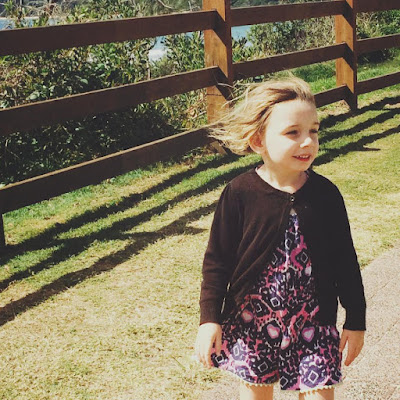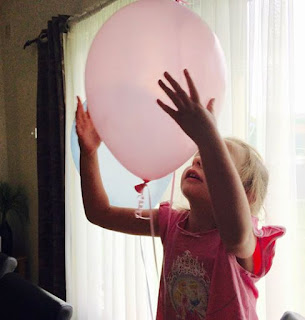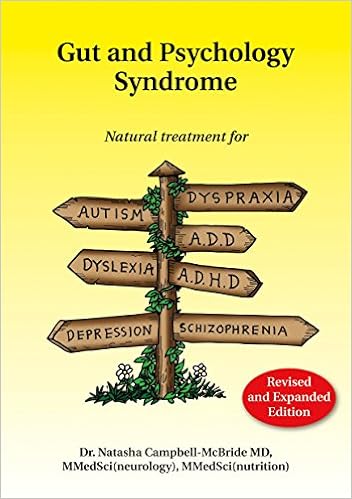One step at a time.
That's my motto at the moment.
When you have a child with a huge number of developmental challenges - the idea of 'recovery' seems a million miles away.
Everything is less overwhelming when we take it one step at a time.
We began the NACD program just over 12 months ago.
What is NACD?
It's hard work. But worth it.
Progress Update
She's stronger!
The most significant change we have seen is with Emma's motor planning (dyspraxia). She is significantly less awkward and able to do things she wasn't able to do 12 months ago e.g sit down on a chair, climb up on the trampoline, walk with a cross pattern and jump!
She is noticeably stronger (improved low muscle tone) and less clumsy.
She's developing play skills!
12 months ago Emma couldn't play independently - she would just walk around holding a toy or object. Although she still does this she also performs 'concerts' in front of the mirror, flips through books, puts dolly in the pram and takes her for a walk and sometimes creates her own sensory play using items from the pantry or fridge!
She is processing information quicker!
Her level of processing now has meant we can start teaching her to read by introducing word cards.
Speech?
We are still having challenges with speech although she has made significant gains in the last 12 months and is now able to imitate sounds and use 'some' words. Although she has more words than she had a year ago, she is still predominantly using gesture and jargon to communicate. She manages to communicate quite effectively without speech but we desperately want her to speak!Looking ahead to the next 12 months......
I would love and appreciate prayer for......
- Speech!!!!!!!!!
- That she will be ready to begin toilet training
- Her sequential processing will continue to improve
- Her physical health including her hearing remains stable
- Wisdom and strength for me...please.
We look forward to the next 12 months with hope and anticipation!











